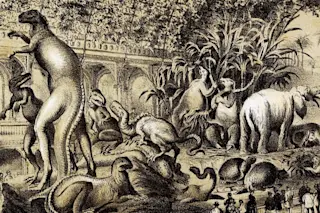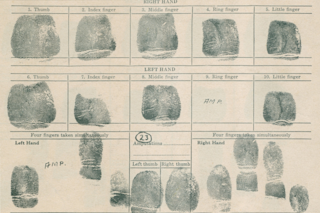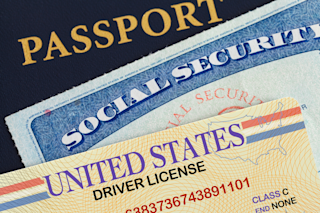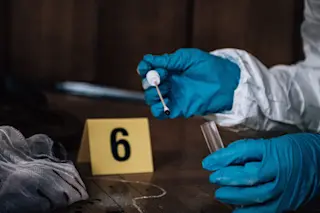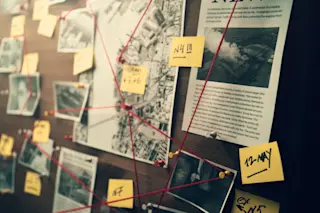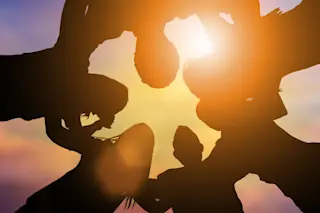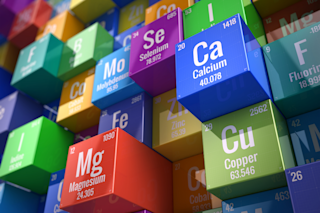If the writer of a magazine story admits to significant errors in his piece, shouldn't the publication then acknowledge this with an editor's note, providing corrections? I ask because there are new developments to the story about that botched article in The Atlantic, which, as I wrote here,
used this study as a springboard to raise concerns about GMO foods.
Before I delve into the new twists, here's the backstory from Christie Wilcox at her Scientific American blog:
Recently, food columnist Ari Levaux wrote what can only be described as a completely unscientific article in The Atlanticclaiming that microRNAs (miRNAs) are a "very real danger of GMOs." I won't go point by point through the horrendous inaccuracies in his piece, as Emily Willingham has more than hacked them to bits.
In the comments thread of Wilcox's post, LeVaux defends himself while also admitting:
I acknowledge there were some significant scientific ...


